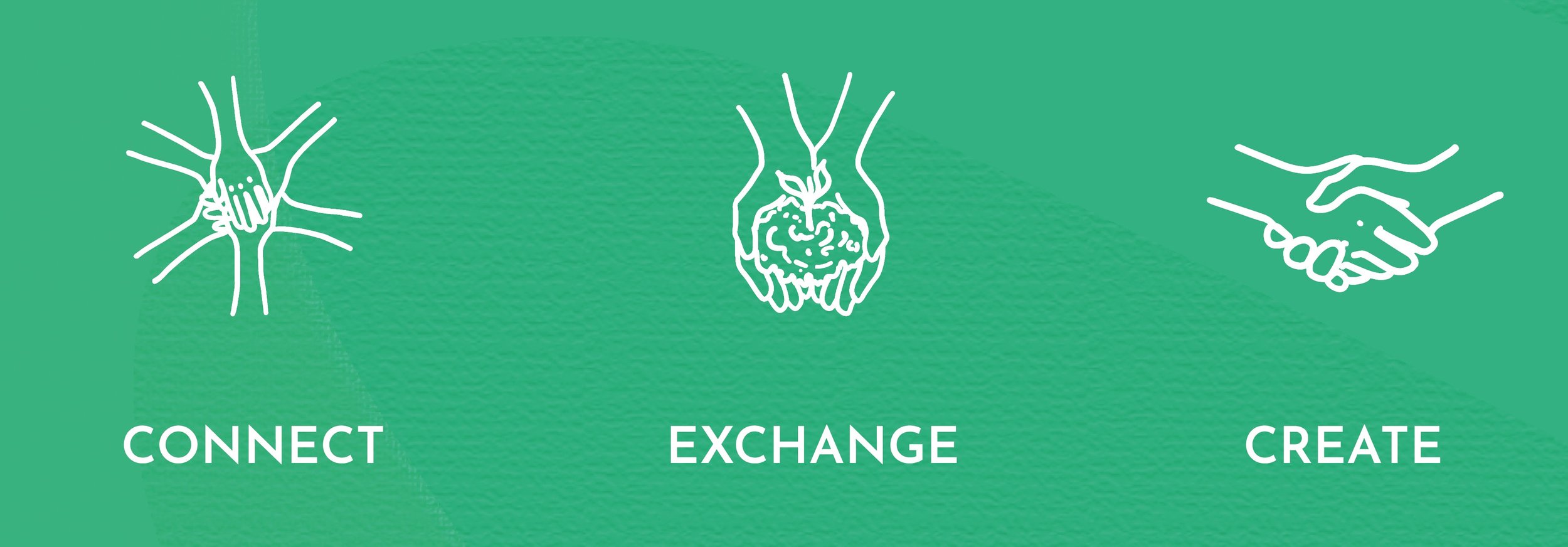Are we taking advantage of the diversity that we have?
From my own life experiences, I have learned how we can take advantage of the diversity around us. I think about diversity very broadly, encompassing both social categories and personal characteristics. Social categories include factors such as religion, race, gender, ethnicity, sexual orientation, and age. Personal characteristics include functional roles within an organisation, such as marketing or finance, as well as seniority, such as who joined the organisation under which CEO.
We often use these differences to make predictions about people - a cognitive process where we determine who is similar to us and who is different. Diversity also involves understanding people's values, perspectives, and experiences, the deeper aspects they bring to the table. There are surface level differences and deeper differences, and due to our biases, we use what we see on the surface to make predictions about people, and to make predictions about what they think and how they feel.





















